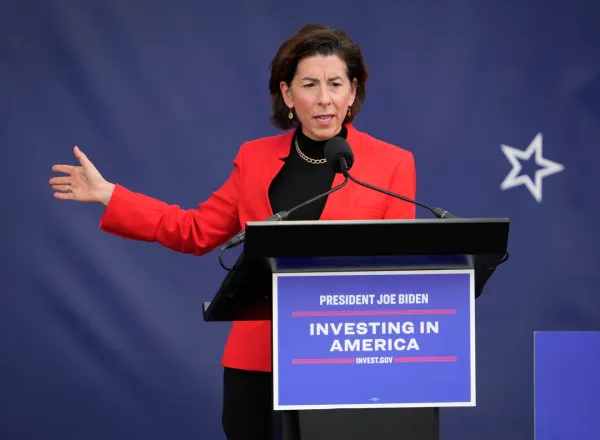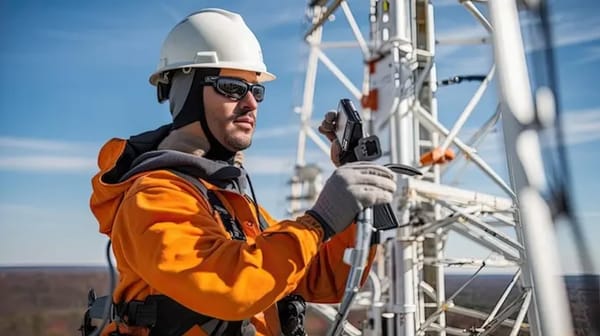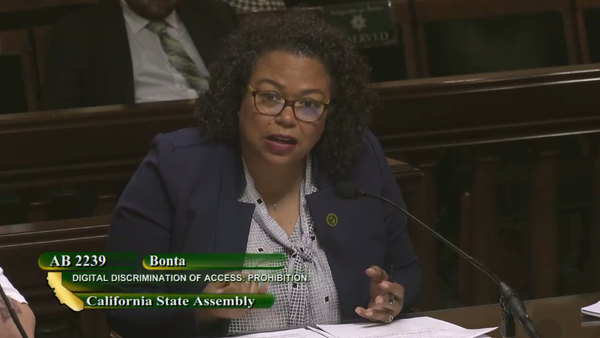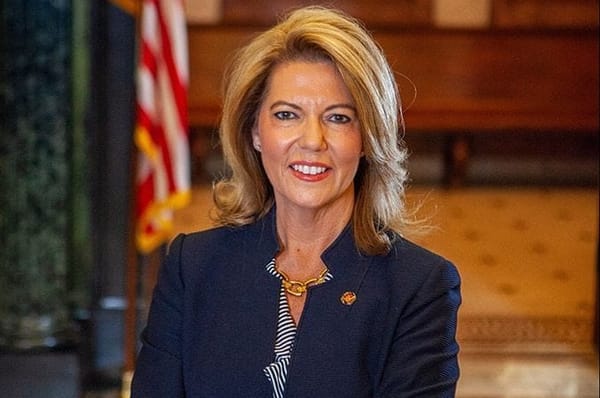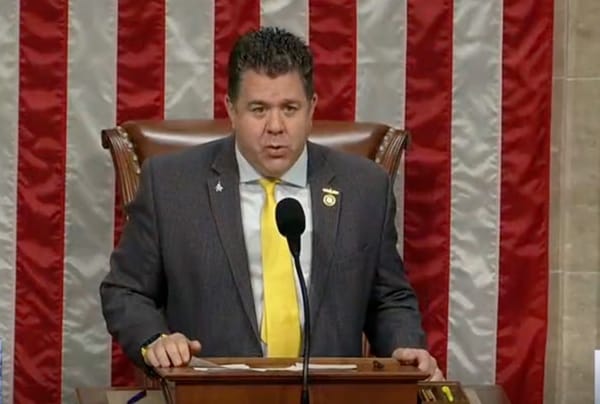Journalists and Techies Knock Each Other Over Media Coverage of Trump-Biden Contest
November 9, 2020 – The media may have missed the boat on Trump voters, including Latino Trump voters, but at least it was smart enough to spike the Hunter Biden story as “misinformation.” That was the assessment of journalists participating in a Knight Foundation event on Thursday. Two days after El

November 9, 2020 – The media may have missed the boat on Trump voters, including Latino Trump voters, but at least it was smart enough to spike the Hunter Biden story as “misinformation.”
That was the assessment of journalists participating in a Knight Foundation event on Thursday. Two days after Election Day, but two days before Joe Biden’s victory in the presidential contest, these journalists evaluated the highs and lows of the news media’s and the tech media’s performance during election season.
Joanne Lipman, former editor of USA Today and a distinguished journalism fellow at Princeton’s Institute for Advanced Study, asserted that there was a “complete lack of understanding of the Trump voter.”
The media focuses on the misogyny, racism, and politics fear and anger of Donald Trump supporters not seeing the president’s supporters as the proud patriots that they see themselves.
There was misunderstanding of the Latino vote as well, she said, with media portraying it as uniform and monolithic when it was “anything but.”
Journalists also discussed misinformation. Charles Sykes, founder and editor-at-large at The Bulwark, quoted a tweet from former Russian chess champion Garry Kasparov, “The point of modern propaganda is not only to misinform or push an agenda, it is to exhaust your critical thinking, to annihilate truth.” Sykes said we have been and still are living in that kind of environment.
“I don’t know who to trust” has become a common phrase, said Sykes.
Lipman delineated several issues: the media is still declaring winners instead of projecting them, the polls are playing into horserace journalism by overstating their own significance and not providing useful information, and twitter has become a “giant Slack channel” for journalists. They end up amplifying issues that have no bearing for the larger audience, she said.
What to take from news and tech platforms’ approach to the Hunter Biden story
Panelists also discussed the New York Post story about Hunter Biden. Setti Warren, executive director of the Shorenstein Center on Media and Politics and Public Policy at Harvard Kennedy School, praised other news organization for not running the story because of its lack of appropriate documentation.
Warren said she was hopeful that this decision would exemplify how content is moderated going forward. He stressed that it was on the media both to put out very strong content moderation on their platforms and to put out very strong information on how content moderation is done.
Sykes agreed, saying while tech platforms like Twitter got tweaked for blocking users’ ability to share the story, the media’s overall decision to downplay and refuse to disseminate it was “telling.”
Kate Klonick, assistant professor at law at St. John’s University Law School and an affiliate fellow at the Information Society Project at Yale Law School, took a contrarian view to the pro-gatekeeper sentiment.
She said Twitter did not make the right decision to block users’ ability to share the Hunter Biden story. In that case, she said, Twitter was actually crossing factchecking journalists.
Klonick acknowledged that the role of social media platforms is still being decided, but she discouraged them from stepping into the journalist’s role and suggested that in similar future situations, posts just have interstitials or notices of possible misinformation.
But Lipman said the Hunter Biden story was proof that the mainstream media needed to stop giving oxygen to misinformation: “That is the lesson of this election.”
Panelists like Lipman advocated for funding for schools to teach information literacy starting at a younger age because it has become so hard to discriminate between what’s true and false on the internet.
Warren stressed the importance understanding how media manipulation works and how to prevent it in organizations. “Without a healthy information ecosystem, we can’t govern,” he said.
Sykes said the best filter for misinformation was people wanting to have accurate information and pleaded for media to “get it right” because mistakes in this climate are “instantly weaponized.”
Jennifer Preston of the Knight foundation and Vivian Schiller of Aspen Institute moderated this discussion.


